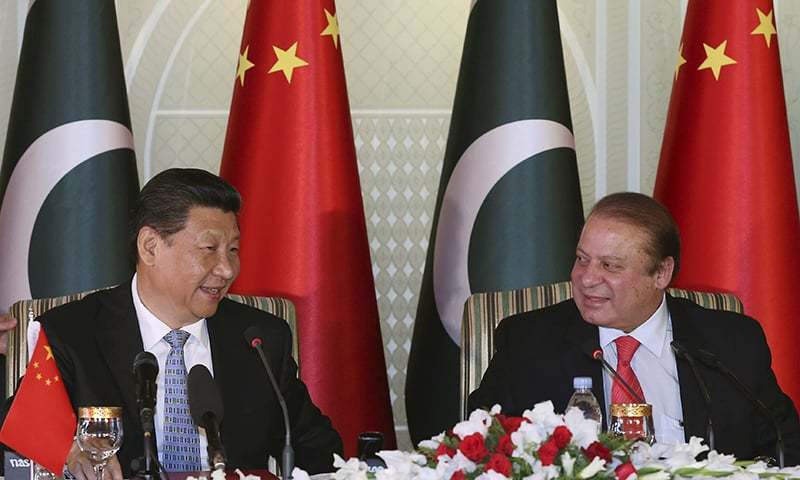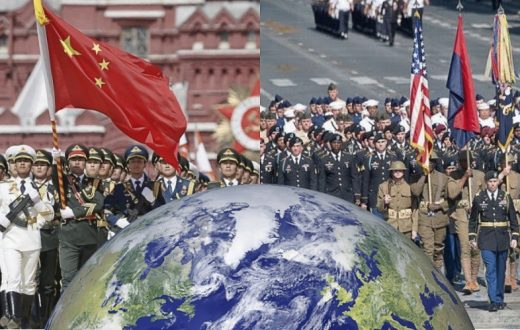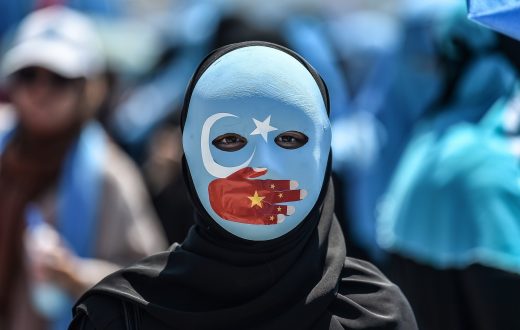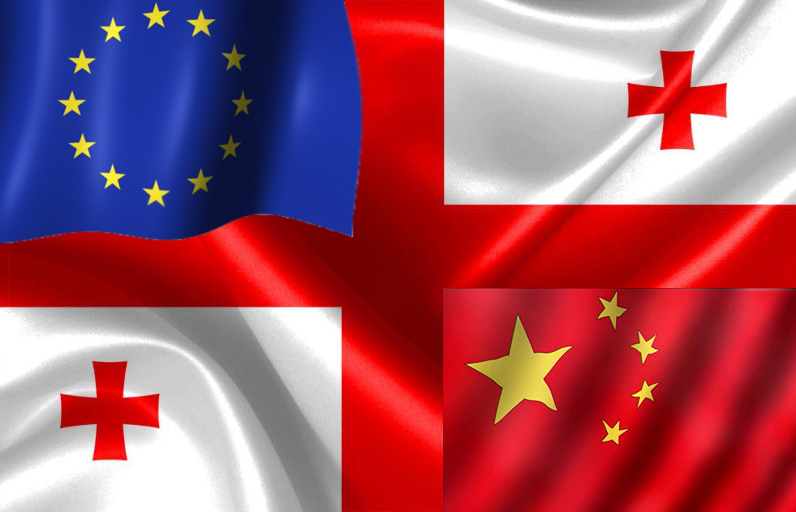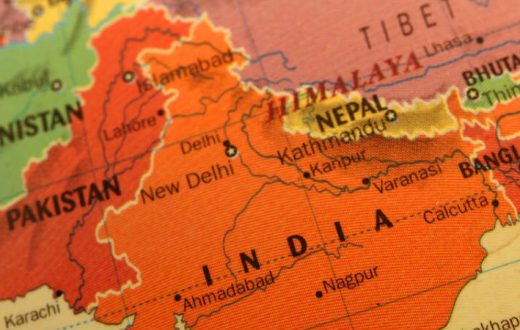The China Pakistan Economic corridor (CPEC) is dubbed game and fate changer, not only for Pakistan and China but also for the whole region. In my opinion, the CPEC is not only an economic corridor but it has strategic and geopolitical significance as well as diplomatic toolkit of China. The CPEC is a component of China’s One Belt One Road or the OBOR initiative, to build a new silk road connecting Asia, Europe, and Africa. China has prepared to invest $40 billion for building of a new silk road.
The China – Pakistan economic corridor was firstly proposed in May 2013 to Pakistan by China. After green signal from Pakistani authorities, Chinese President – Xi Jinping – visited Pakistan in April 2015. During this visit, President Xi and Prime Minister Mohammad Nawaz Sharief signed a number of agreements, with an estimated value of $46 billion. Under the CPEC China has announced $46 billion investment projects to infrastructure and energy for Pakistan. The infrastructure projects include motorways, railways, dams, hydropower, and others. It is true to say that the economic corridor will help to boost the economy of Pakistan dramatically. The GDP of Pakistan is expected to increase up to 2.5 percent, and 700,000 jobs would be produced by 2030.
The CPEC is an ambitious plan for regional connection by China. The economic corridor connects Chinese Muslim dominated Xingang province to Gwadar deep sea port of Pakistan. The economic corridor, is only 32,00 km long, and it has planned to link Nowadays, almost 80 percent of Chinese oil is transported from Strait of Malacca to Shanghai, and the distance of more than 16,000 km with estimated travel time 8 to 12 weeks. Once the economic corridor would become operational, the distance would be reduced to 50,00km.
Although, from China and Pakistan’s perspective, the CPEC is game changer and fate changer, yet as an independent analyst’s viewpoint it seems to me a new great game.
Despite its obvious few privileges for Pakistan, CPEC is still controversial issue in the country. Local traders and manufactures are afraid that the CPEC poses new challenges for the domestic industrial sector. They are skeptical that China’s cheap production would overwhelm in the local markets and domestic production would not be consumed. Consequently, local industry would bear the burnt of the CPEC.
Secondly, the separatist movements of Baluchistan are not satisfied about the CPEC. The Gwadar Port, an epicenter of the CPEC, lies in insurgent province of Baluchistan. The separatist movement Baloch can be a toolkit for the proxy wars of opponents of the CPEC. This fact becomes clear from the buttress of India to Baloch separatist Brahamdagh Bugti. More importantly, an Indian spy Kulbhushan Jadhav has been arrested from the province of Baluchistan. It is alleged that he was in charge of to shore up the insurgent Baloch people and ruin the peace of Baluchistan; thus, the dream of the CPEC would not be materialized.
Thirdly, Sindh and Khaber Pakhtunkhwa (KPK) are the most important provinces of Pakistan that have shown their concern about the CPEC. Sindh and KPK are of view that million share of the investment projects of the CPEC that has been given to an influential province Punjab, and smaller provinces have been neglected from the investments. Thus, the CPEC is only for Punjab but not for other provinces of the county.
India is not pleased with the CPEC, because CPEC is passing through Gilgit Balistan, a disputed region between Pakistan and India. Merely two months after China’s announcement of the CPEC projects, it has showed its concerns about the economic corridor. India maintains that the CPEC is crossing the territory of Gilgit Baltistan, a part of disputed Kashmir region, is territory of India. Indian government is afraid that after the completion of the CPEC projects, Kashmir would get more attention of international community. India does not want to internationalize the Kashmir dispute. It is scared that once the Kashmir dispute becomes internationalized dispute, the world community would force India to solve it peacefully. However, solving the Kashmir problem is against Indian interest. Majority of Kashmiri people are Muslims; and they do not want to be part of India. Therefore, India would do everything to sabotage the CPEC.
Furthermore, India does not want any investment which would support the economy of Pakistan. India is an arch-enemy of Pakistan. If the economy of Pakistan becomes stable it would increase the resources of defense industry, which is also against Indian defense industry.
Moreover, there is apprehension in India that after completion of the CPEC, China would not be neutral about Kashmir dispute. China has tried to convince India the fact that the CPEC is an economic corridor and nothing else. Yet India is skeptical about the CPEC. There is possibility that India would not be silent. Thus, whenever India would try to sabotage the CPEC, China would not be neutral, because the CPEC is a key to One Belt One road (OBOR) initiative of China.
Additionally, it is maintained that there is considerable concern of India about growing influence of China in Indian Ocean. Relationship between India and China are not clear. Both of the countries are trying to get hegemonic position in Asia. Hence, the CPEC is not acceptable to India in any condition. That’s why some experts claim that India has invested secret funds for damaging the CPEC. However, some experts declared that the CPEC would persuade India to join. According to their views, the CPEC is beneficial for India for trade purposes with Central Asian countries (CARs) and Afghanistan. In my opinion, it is misconception. In long run the CPEC will not be beneficial for India, because India has other options to trade with the CARs countries such as Chabahar Port of Iran.
Another significant factor, which could convert the CPEC is the clash of interests of China, Japan and the United States in the region. Firstly, Japan is a skeptical about the China’s OBOR initiative, which is key scheme of the CPEC. Moreover, it is controversial to economic interest of Japan, because it diminishes the strategic position of Japan in the region. Secondly, the USA is trying to hold its hegemonic position in the region. The CPEC and OBOR are eliminating hegemonic position of the USA in the region. Therefore, it seems to me very clear that in near future all the opponents of the CPEC, whose interests are shattered, would be united against the idea of the CPEC and OBOR. Therefore, there would be a new great game in the region, and CPEC is not a game changer but a toolkit of a new great game.
Edited by Yana Mayzenger

